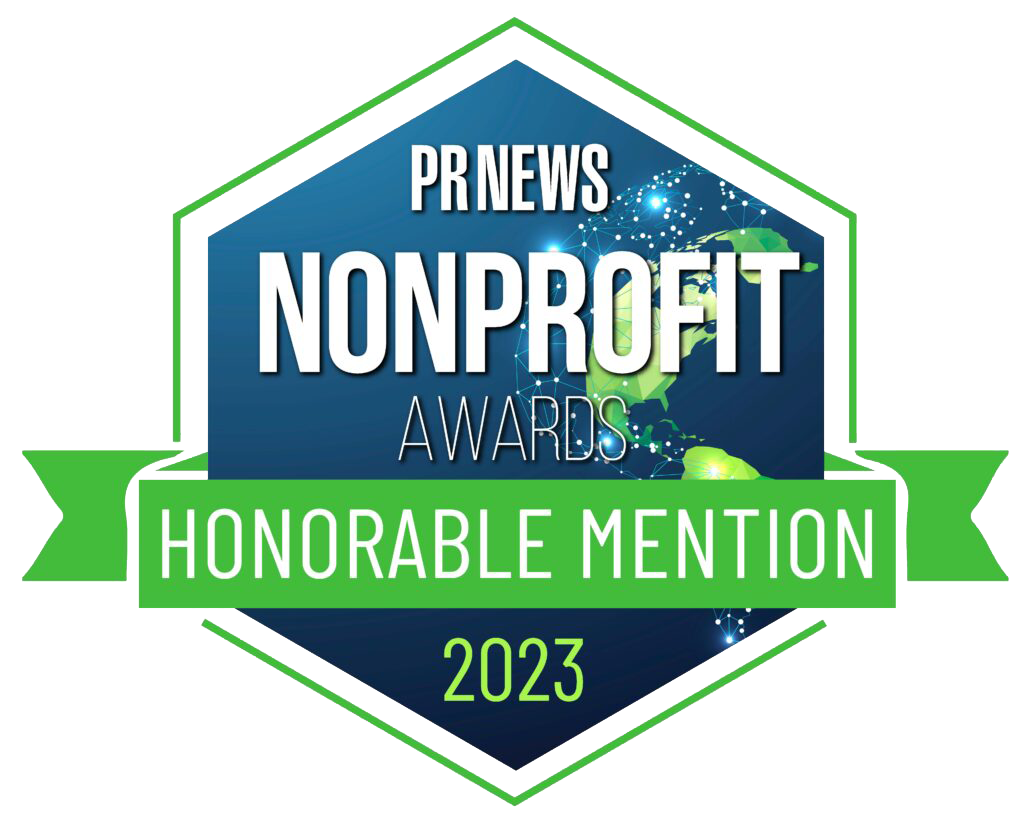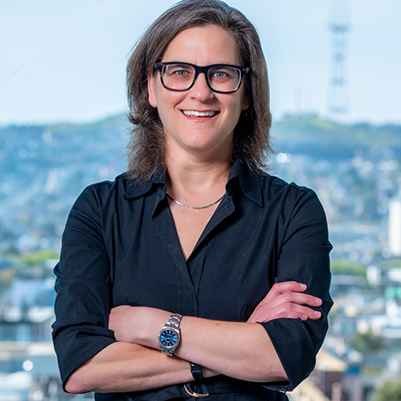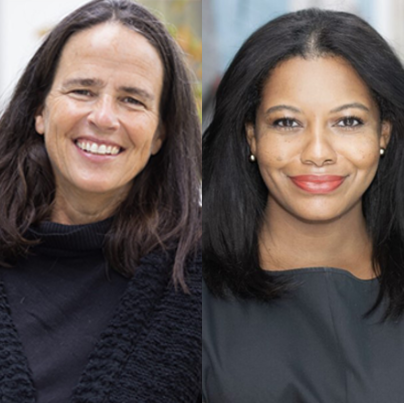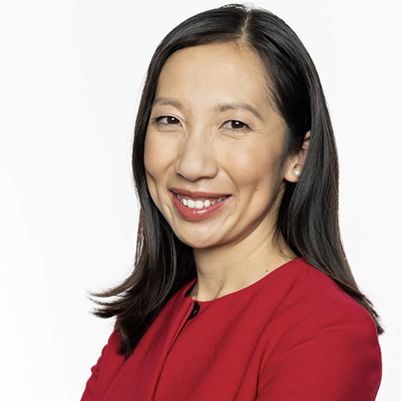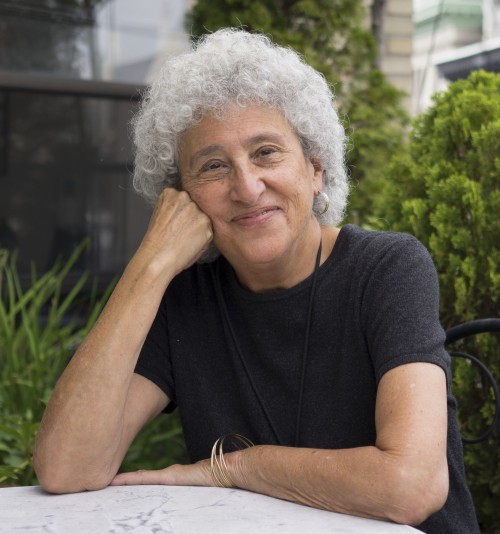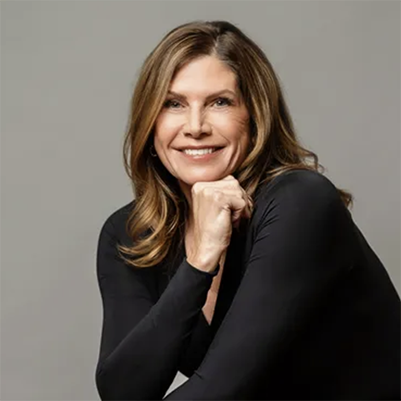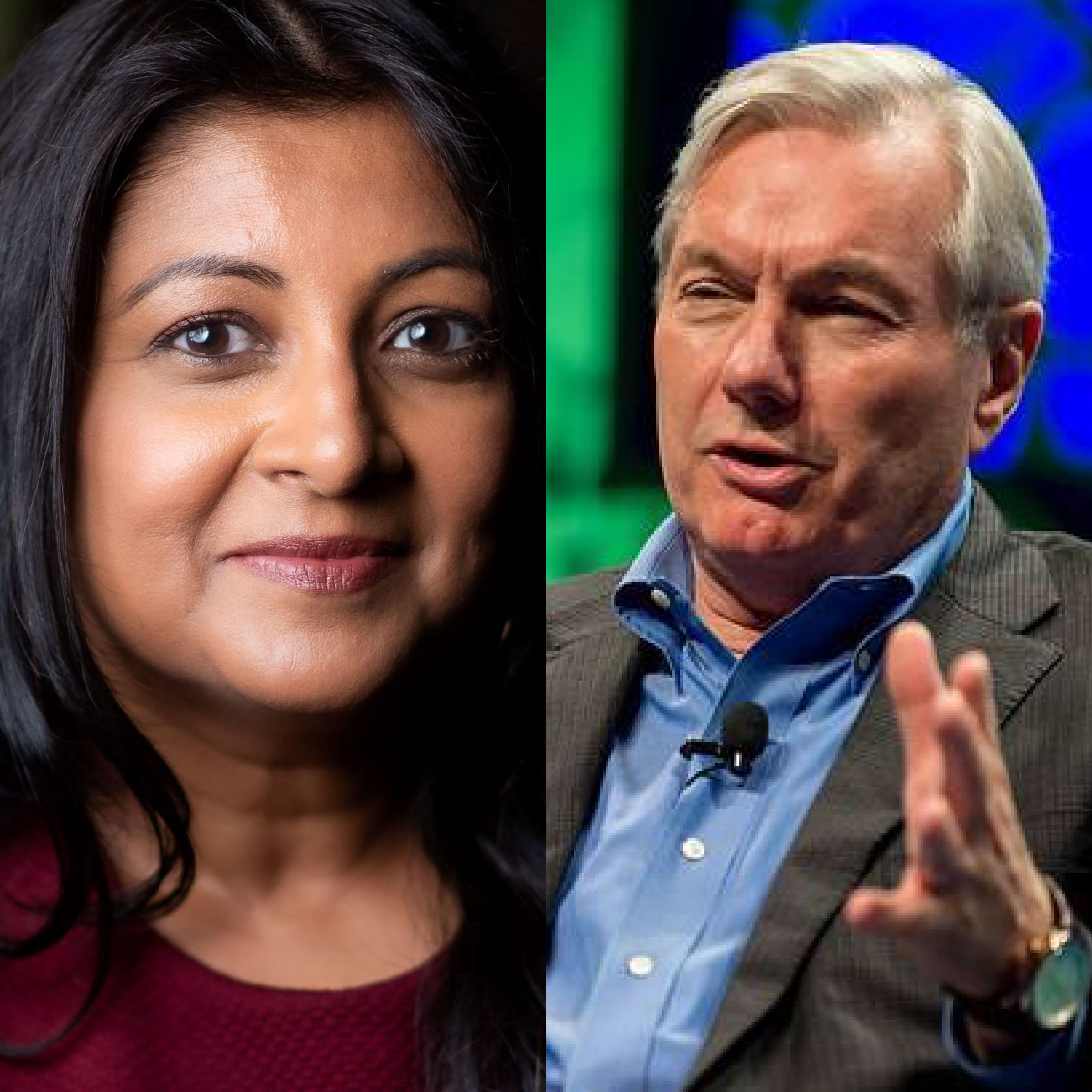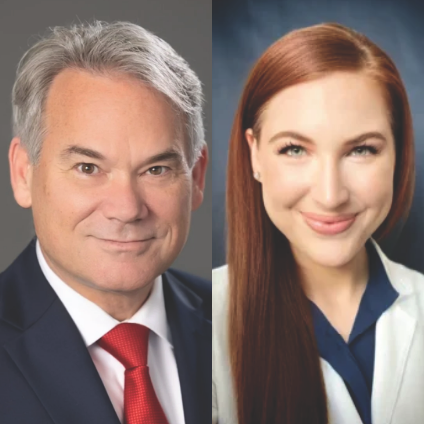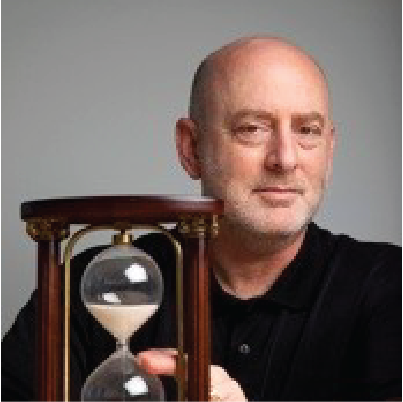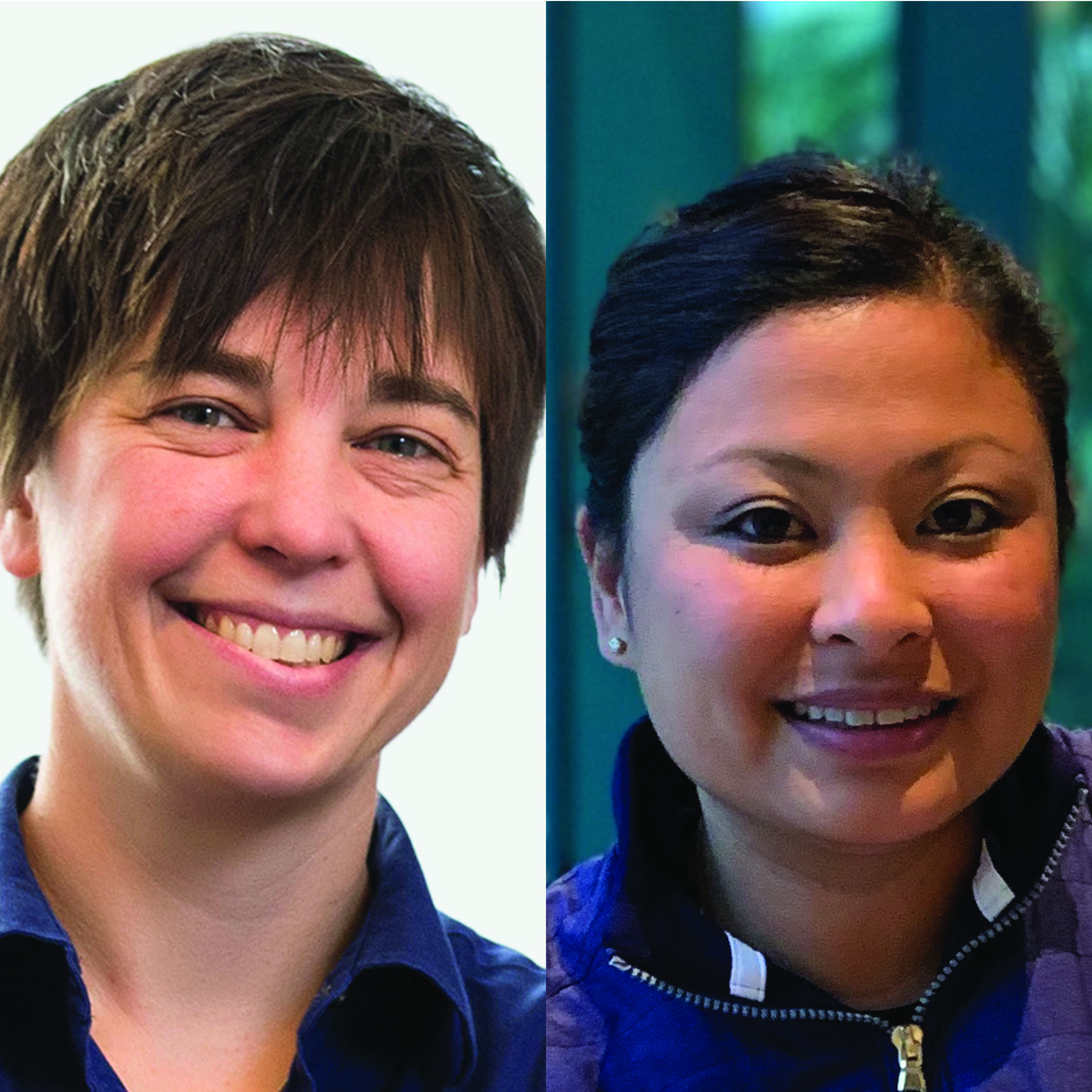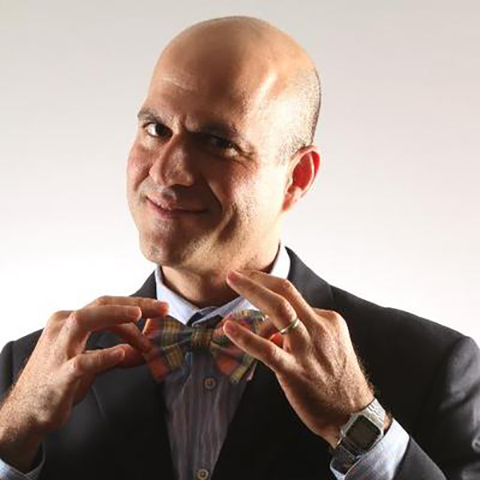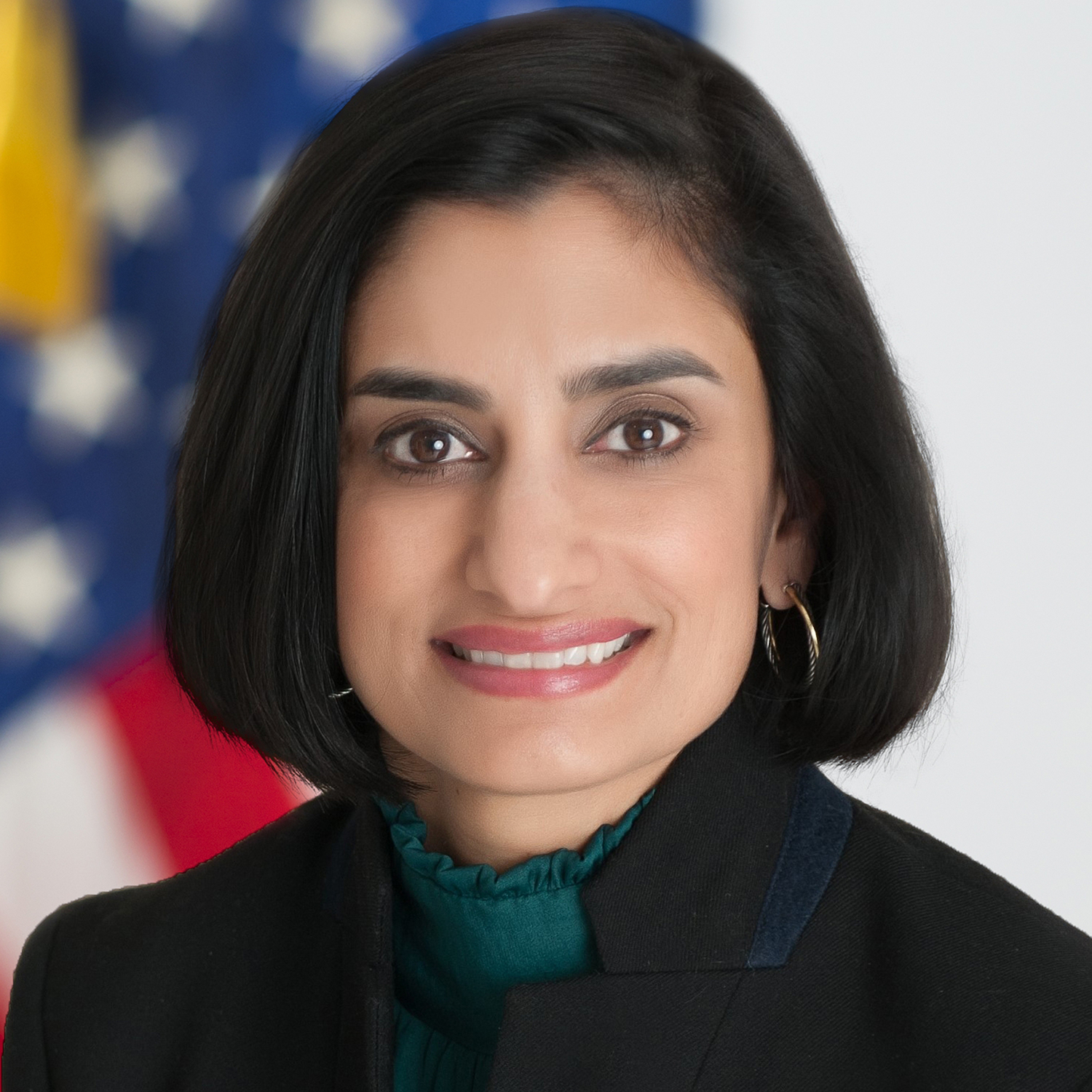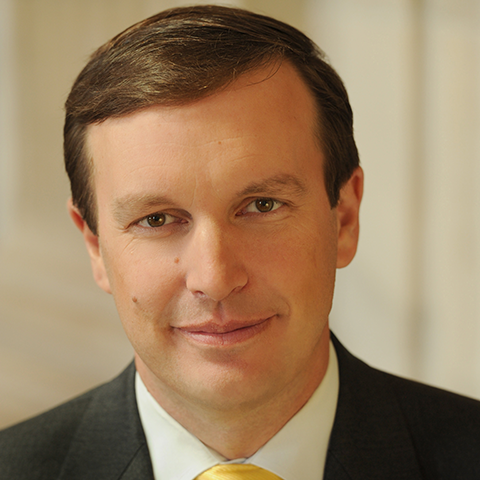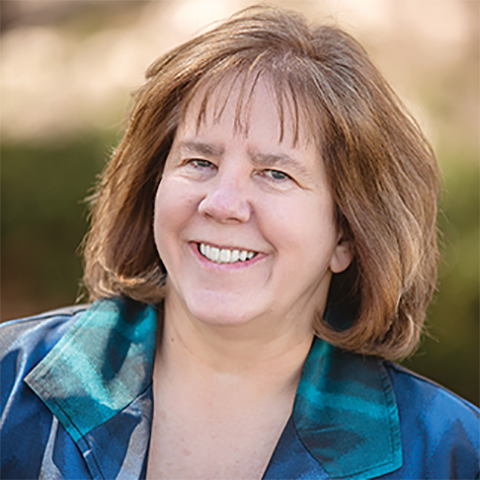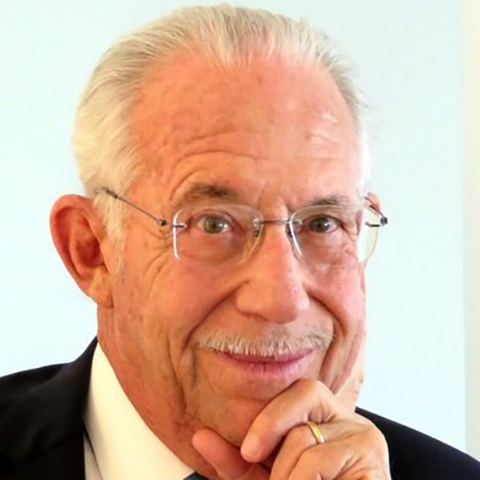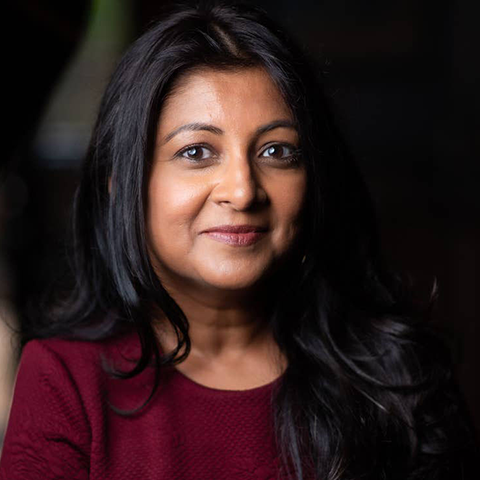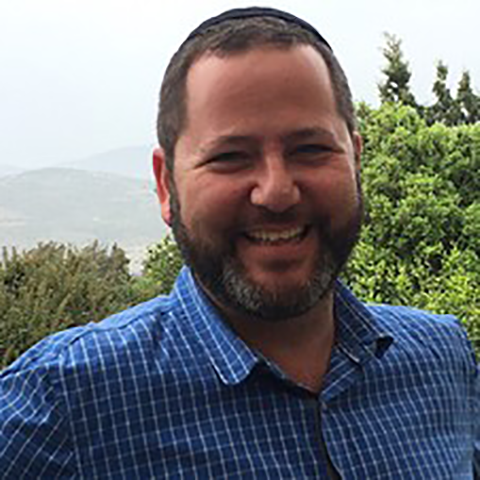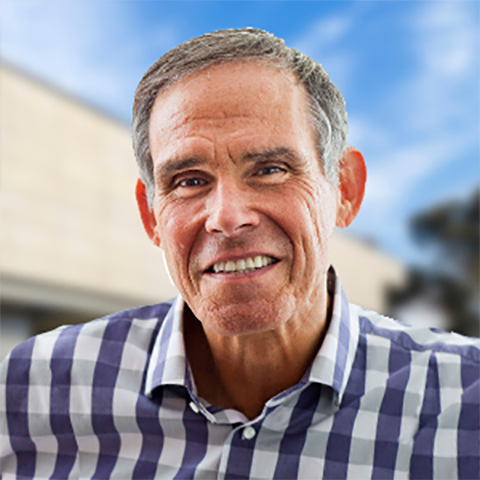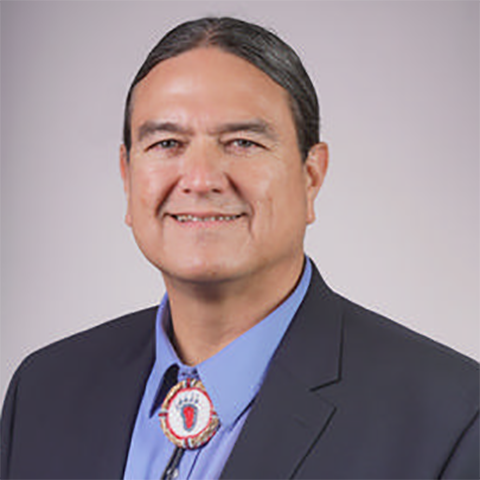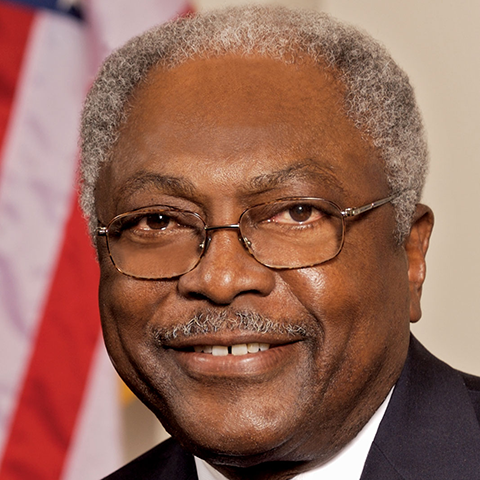THURSDAY, AUGUST 7, 2025
Food is Medicine Advocate Urges Evidence-Based Solutions Amid SNAP Cutbacks
Experts who believe in the “food is medicine” concept say recent decisions made in Washington could have a devastating effect. Dr. Hilary Seligman, a nationally recognized expert on food insecurity and health outcomes at the University of California San Francisco, spoke to “Conversations on Health Care.” The interview highlighted that cutbacks to the Supplemental Nutrition Assistance Program (SNAP) are projected to reduce federal spending by $186 billion over the next decade. She believes this could result in more people getting sicker and then ending up in emergency departments with severe conditions.
Yet Dr. Seligman also sees some rays of optimism. “This administration has done a really deep dive into chronic disease. There is a desire to help make the population of the U.S. healthier again. And there is an interest in supporting better dietary intake. The challenge is to amplify those efforts in a way that is based in science, that is based in evidence and that will support everyone in the U.S. equally. That really is the opportunity that we have,” she told hosts Mark Masselli and Margaret Flinter.
Click to hear this conversation, recorded during the Aspen Ideas: Health conference.
THURSDAY, JUNE 26, 2025
How Realistic is Super Aging? Research-Based Answers (Encore)
There’s a lot of attention right now around “super agers.” Yet the facts are that current life expectancy at birth is 74.8 years for males and for females it’s 80.2 years in the U.S.
Does it catch your eye when you hear about predictions we’ll be able to live to 100 and beyond?
Some researchers are throwing cold water on those notions.
“We’ll be lucky if 5% of the age cohort makes it to 100,” says S. Jay Olshansky, Ph.D., Professor, University of Illinois at Chicago. He and his colleagues made headlines when they presented data that humans are approaching a biologically-based limit to life.
Hosts Mark Masselli and Margaret Flinter ask Olshansky about the implications of this research — for each of us personally and for policymakers — after decades of hearing predictions that life expectancy would continue to go up. Olshanky explains why we should celebrate longer life that has resulted from healthier diets and medical advances but now focus on improving quality of life in later years.
THURSDAY, JUNE 12, 2025
Youth Mental Health Crisis: Can a New Corps Create a Solution?
It’s a troubling situation: Nearly one in three high school students report persistent feelings of hopelessness.
At the same time, many communities have a lack of mental health professionals to counsel and help young people.
Leaders from philanthropy, public health, and private sectors think they have a path to a solution: Youth Mental Health Corps.
This program, which launched a year ago, places young adults as mental health navigators in schools and community organizations. These navigators provide peer-to-peer support, connect young people and families to resources, and serve as trusted guides who understand firsthand the challenges faced by today’s youth.
Mark Masselli and Margaret Flinter, hosts of “Conversations on Healthcare,” bring their extensive experience to the conversation. They speak to Corps funders Marie Groark, the managing director of the Schultz Family Foundation, and Alise Marshall, the senior global lead for public affairs at Pinterest.
Groark shares early findings from the Youth Mental Health Corps. “What they found is that when you have a Youth Mental Health Corps member in your school, especially, you see improved attendance, fewer behavioral incidents, and increased student awareness of mental health and help-seeking behavior.”
Focusing on prevention and early intervention, Marshall highlights the power of peer connection. “It is difficult for young people to trust educators and parents when navigating adolescence. Having someone very recently been there, who has navigated the same issues, can make a very big difference.”
THURSDAY, MAY 29, 2025
Dr. Leana Wen Grades RFK Jr. on Health Care: What Does She Say?
Dr. Leana Wen, a health news commentator for The Washington Post and CNN, is known for trying to have an open view toward untraditional opinions. For instance, she tells “Conversations on Health Care” that the new National Institutes of Health and Food and Drug Administration directors are both “qualified individuals who have credentials from major medical institutions, who have worked in those fields.”
She says her hope is that “behind the scenes they will act as tempering force… against the worse excesses around …Robert F. Kennedy, Jr. and vaccine policy.”
But she also tells hosts Mark Masselli and Margaret Flinter that “Of course, this is an extremely worrisome time… many of the changes we’re seeing are even more extreme than may have been anticipated.”
In addition, Dr. Wen urges nuance in evaluating public health claims. “It’s important for us to evaluate each of these claims separately… and not have a knee-jerk reaction to everything [Kennedy] says.”
This episode dives into the politics of vaccines, the measles outbreak, food additives, artificial intelligence in medicine, and the evolving role of trust in public health.
TUESDAY, APRIL 22, 2025
Breaking News: Food Dye Ban: Support But More Needed, Says Dr. Marion Nestle
Health and Human Services Secretary Robert F. Kennedy Jr. announced that the U.S. will phase out the remaining eight artificial food dyes from America’s food supply within two years. This is a move that leading nutritionist and author Marion Nestle, Ph.D., has long advocated for.
“Conversations on Health Care” hosts Mark Masselli and Margaret Flinter spoke to her before today’s news conference. She says, “I’m all for getting bad chemicals out of the food supply, or questionable chemicals…but I don’t think that goes nearly far enough. If he’s going to be serious about making America healthy again from a food standpoint, he’s going to have to do something about changing the food system to one that focuses on public health rather than corporate health. And he’s going to have to do something about the food industry’s inappropriate marketing, especially to children.”
Click now to view the entire interview, including Dr. Nestle’s reactions to the food industry’s pushback to her concerns.
THURSDAY, MARCH 20, 2025
Hon. Mary Bono, Mothers for Awareness and Prevention of Drug Abuse
Mary Bono has left the halls of Congress, but she’s still winning with her efforts to stop the misuse of both prescription and illegal drugs. Bono, co-founder and chair of Mothers for Awareness and Prevention of Drug Abuse, wants to see a focus on solutions from lawmakers. With a greater presence of fentanyl in the drug supply, “everything [has] changed because there’s no longer time for experimentation,” Bono says. “‘One pill can kill’ is a [Drug Enforcement Administration] slogan, and it’s true.”
THURSDAY, FEBRUARY 13, 2025
Egg Prices Up: Hear From Experts About Why
$4.95 — that’s the record high price of a dozen of Grade A eggs in U.S. cities. Michael Osterholm, Ph.D., the director of the Center for Infectious Disease Research and Policy, says expect them to go even higher.
That’s because H5N1, a form of bird flu, has affected more than 156 million commercial, backyard and wild birds in the United States in the last three years.
Osterholm, with nearly 50 years of experience investigating infectious disease outbreaks, emphasizes the urgent need for improved pandemic preparedness. “It’s not a question of if, but when the next major outbreak will happen. Whether it’s a more contagious strain of COVID-19, the bird flu or a completely new virus, we need systems in place now to protect public health and save lives.”
He joins Apoorva Mandavilli, the science and global health reporter with The New York Times, to explore the critical lessons learned from COVID-19 and what must be done to prepare for future public health threats. “Bird flu may seem like a distant problem, but the global nature of infectious diseases means we’re all connected,” Mandavilli says. She also notes that public trust plays a crucial role in mitigating future pandemics. “Without transparency and clear communication, public health measures are far less effective.”
Conversations on Health Care hosts Mark Masselli and Margaret Flinter also ask them how public health agencies must adapt, improve transparency and build global cooperation to combat future outbreaks.
FRIDAY, DECEMBER 20, 2024
What Elon Musk & Peter Thiel Invest In to Make Lives Longer
Billionaires who dream of extending human life, including Elon Musk, believe they will have very supportive partners in the incoming Trump administration. They’re excited that President Trump has nominated Jim O’Neill for the number two spot at the U.S. Dept. of Health and Human Services because of his history in the anti-aging movement.
David Gobel, the co-founder and CEO of the Methuselah Fund, says, “Jim O’Neill really understands the value of avoiding the suffering…of diseases that don’t actually have to happen if aging is held back. Robert F. Kennedy, Jr., and other nominees are very much in line with the idea of holding aging back by whatever means.” President Trump has nominated Kennedy to serve as HHS secretary.
But “Conversations on Health Care” recently spoke with S. Jay Olshansky, Ph.D., a professor at the University of Illinois at Chicago, who questioned private and public dollars going to such efforts. “We’ll be lucky if 5% of the age cohort makes it to 100,” he said. Olshansky and his colleagues have presented data that humans are approaching a biologically-based limit to life.
Join hosts Mark Masselli and Margaret Flinter for this look into the world of life extension and how Trump administration officials could push the country to embrace these unconventional practices. In addition, learn more about the first longevity patient protocol from Danielle Ruiz, MSN, APRN, AGNP-C, CEO and Medical Director, Everest Health.
THURSDAY, NOVEMBER 7, 2024
The Limits of Aging & Implications
The current life expectancy at birth is 74.8 years for males and for females it’s 80.2 years in the U.S. Does it catch your eye when you hear about predictions we’ll be able to live to 100 and beyond? Some researchers are throwing cold water on those notions. “We’ll be lucky if 5% of the age cohort makes it to 100,” says S. Jay Olshansky, Ph.D., Professor, University of Illinois at Chicago.
He and his colleagues made headlines when they presented data that humans are approaching a biologically-based limit to life. Hosts Mark Masselli and Margaret Flinter ask Olshansky about the implications of this research — for each of us personally and for policymakers — after decades of hearing predictions that life expectancy would continue to go up. Olshanky explains why we should celebrate longer life that has resulted from healthier diets and medical advances but now focus on improving quality of life in later years.
THURSDAY, OCTOBER 17, 2024
How Groundbreaking NIH Research is Expanding to Birth-to-Four-Year-Olds
For nearly the first decade of the National Institutes of Health’s “All of Us” Research Program — aimed at increasing diversity in genetic research — a major component was missing: kids.
“Children are approximately 24% of our population in the U.S. and 100% of our future,” Dr. Sara Van Driest, director of pediatrics for NIH’s All of Us Program, told hosts Mark Masselli and Margaret Flinter. “In order to provide them with the very best care for the future and have them benefit from this resource, we need to include them.”
The journey is personal for Katrina Yamazaki, Ph.D., principal investigator for Community Health Center, Inc., in Connecticut, a partner organization in All of Us. Yamazaki and her husband adopted three boys through the foster care system.
“We don’t know a whole lot about their … biological families’ medical history,” Yamazaki said. “The idea that this program will one day be able to provide some of [that] missing information to me and my husband, in order to become health advocates for our children is really important to me.”
The NIH in August began limited enrollment in the program for children age 4 and under.
“We started with that youngest age group so we can follow them the longest,” Van Driest said.
Community Health Center, Inc., for its part, is partnering with community-based organizations such as the Hartford Public Library to build trust, raise awareness of the project and make a fun atmosphere through activities.
All of Us intends to change what might be seen as a “one-size-fits-all” approach to health care. It aims to encompass 1 million individuals of diverse backgrounds but doesn’t focus on particular diseases or conditions, Van Driest said. The diversity, too, goes beyond culture, touching geography, age and socioeconomic status.
“One of the goals of research is to connect the dots,” she said. Given the scope of the project, “there will be so many dots that we’ll be able to connect,” Van Driest said.
“If we fail to include a group of individuals or an aspect of diversity, we miss out on that uniqueness. That limits us in what we’re able to understand about humanity in general,” she said. “It also limits research and learning about that group of individuals. And it limits downstream how clinicians can care about individuals and give them the very best possible outcomes.”
MONDAY, SEPTEMBER 21, 2020
Can Facebook’s Two Billion Users Slow the Pandemic? Dr. Farzad Mostashari on the COVID-19 Symptom Data Challenge
This week, hosts Mark Masselli and Margaret Flinter speak with Dr. Farzad Mostashari, Founder and CEO of Aledade, former National Coordinator for Health IT, and Chair of the COVID-19 Symptom Data Challenge, a partnership with Facebook Data for Good, Carnegie Melon, Duke, University of Maryland, Resolve to Save Lives and organized by Catalyst @Health 2.0. The challenge is encouraging developers to create tools to mine data submitted by tens of millions of Facebook users, tracking real time COVID-19 symptoms to identify potential pandemic hotspots, for better epidemiological forecasting.
WEDNESDAY, SEPTEMBER 16, 2020
CMS Administrator Seema Verma Talks Expansion of Telehealth, Development of COVID-19 Vaccine and Answers Recent Allegations
This week, hosts Mark Masselli and Margaret Flinter welcome Seema Verma, Administrator for the Centers for Medicare and Medicaid Services under the Trump administration, a trillion dollar-a-year agency providing health coverage for 130 million vulnerable Americans on Medicaid and Seniors on Medicare. She discusses the agency’s dramatic transformation in response to the COVID-19 pandemic, including hundreds of waivers lifting restrictions for providers across the country, a swift expansion of telehealth adoption, and Operation Warp Speed’s quest to provide a safe and efficacious vaccine for widespread distribution, once it is approved. She also addresses recent allegations around agency spending questions.
MONDAY, SEPTEMBER 7, 2020
Guns, America and the “Violence Inside Us”: US Senator Chris Murphy Explores Origins of the Nation’s Gun Culture and His Own Odyssey for Reform
This week, hosts Mark Masselli and Margaret Flinter speak with US Senator Chris Murphy of Connecticut, whose critically acclaimed new book examines America’s long, unique history of violence and its embedded gun culture. His book, “The Violence Inside Us: A Brief History of an Ongoing American Tragedy”, examines the birth and growth of America’s gun culture, the conditions that perpetuated it, and his quest to pass sane gun laws in response to the Sandy Hook School shooting.
MONDAY, AUGUST 31, 2020
National Pediatric Leader Talks About Returning To School In Pandemic
This week, hosts Mark Masselli and Margaret Flinter speak with Dr. Sara Goza, President of the American Academy of Pediatrics, the largest organization dedicated to advancing the physical, mental and social health of the nation’s infants, children and young adults. Dr. Goza discusses how pediatricians can help inform the tough decisions families are making to keep kids safe while sending them back to school, the vital importance of continued well-visits and vaccinations for kids, and the policy agenda being promoted by the Academy to insure the health and safety of all children, including gun violence, poverty and social determinants of health.
MONDAY, AUGUST 17, 2020
Should I Send My Kids Back To School? Renowned Scientist Dr. William Haseltine Has Advice for Families
This week, hosts Mark Masselli and Margaret Flinter speak with Dr. William Haseltine, President of ACCESS Health International, a global health think tank. He is also a renowned scientist, entrepreneur, philanthropist and founder of Harvard Medical School’s HIV/AIDS and cancer research centers. He discusses his two new books: A Family Guide to COVID: Questions and Answers for Parents, Grandparents and Children, and A COVID Back To School Guide which are continually-updating ‘living e-books’ offering answers to the many questions families have about how to navigate their way through the pandemic.
MONDAY, AUGUST 10, 2020
New York Times Science Reporter Apoorva Mandavilli On The Challenges of Covering COVID 19
This week, hosts Mark Masselli and Margaret Flinter speak with New York Times Science and Global Health Reporter Apoorva Mandavilli, who has been covering emerging discoveries around the COVID-19 pandemic. She discusses the rapidly-evolving science on how this novel pathogen spreads, the guidelines for sending kids and teachers back into schools, and the rapid development of therapeutics and vaccines to treat and prevent infection.
MONDAY, AUGUST 3, 2020
COVID-19 Vaccines: When Will They Be Ready? Will They Work? Listen to Leading Expert Dr. Naor Bar-Zeev
This week, hosts Mark Masselli and Margaret Flinter speak with Dr. Naor Bar-Zeev, Deputy Director of the International Vaccine Access Center at the Johns Hopkins Bloomberg School of Public Health. He examines the scientific guidelines governing COVID-19 vaccine phase 3 clinical trials, including a broad demographic representation to ensure vaccine safety across multiple populations, and the need to address vaccine hesitancy as well as the global supply chain needed to distribute billions of doses.
MONDAY, JULY 27, 2020
Dr. Eric Topol: What Lies Between Now and COVID-19 Vaccine
This week, hosts Mark Masselli and Margaret Flinter speak with Dr. Eric Topol, Founder and Director of the Scripps Translational Institute, and author of “The Creative Destruction of Medicine”. Dr. Topol is a renowned cardiologist and health data champion, and shares a harsh assessment of federal handling of the COVID-19 Pandemic in the US. He’s heartened by the many collaborations yielding significant scientific discovery around rapid testing technology and vaccines. He’s concerned the anti-science movement will undermine deployment of an effective vaccination program, once one makes it to the public.
MONDAY, JULY 6, 2020
COVID-19 and American Indians: Dr. Donald Warne on the Devastating Toll of the Pandemic on Native American Populations
This week, hosts Mark Masselli and Margaret Flinter speak with Dr. Donald Warne, Director of Indians Into Medicine (INMED) at the University of North Dakota School of Medicine. A renowned expert on American Indian health policies, Dr. Warne talks about the devastating toll COVID-19 is exacting on communities of color, particularly American Indians, who already suffer the effects of long term poverty, health disparities and Congress’ repeated failure to fully fund Indian Health Services which has led to a huge burden of chronic disease.
MONDAY, JUNE 22, 2020
Inflection Point: US House Majority Whip James Clyburn on Race, Police, and the Pandemic
This week, hosts Mark Masselli and Margaret Flinter speak with House Majority Whip, US Congressman James Clyburn who says we have reached an inflection point in American history in addressing the high cost to communities of color from health disparities, policing injustices and economic inequality. Congressman Clyburn examines important legislation aimed at stemming racially motivated police brutality, as well as improving health care access for vulnerable Americans through expansion of community health centers and telehealth.

